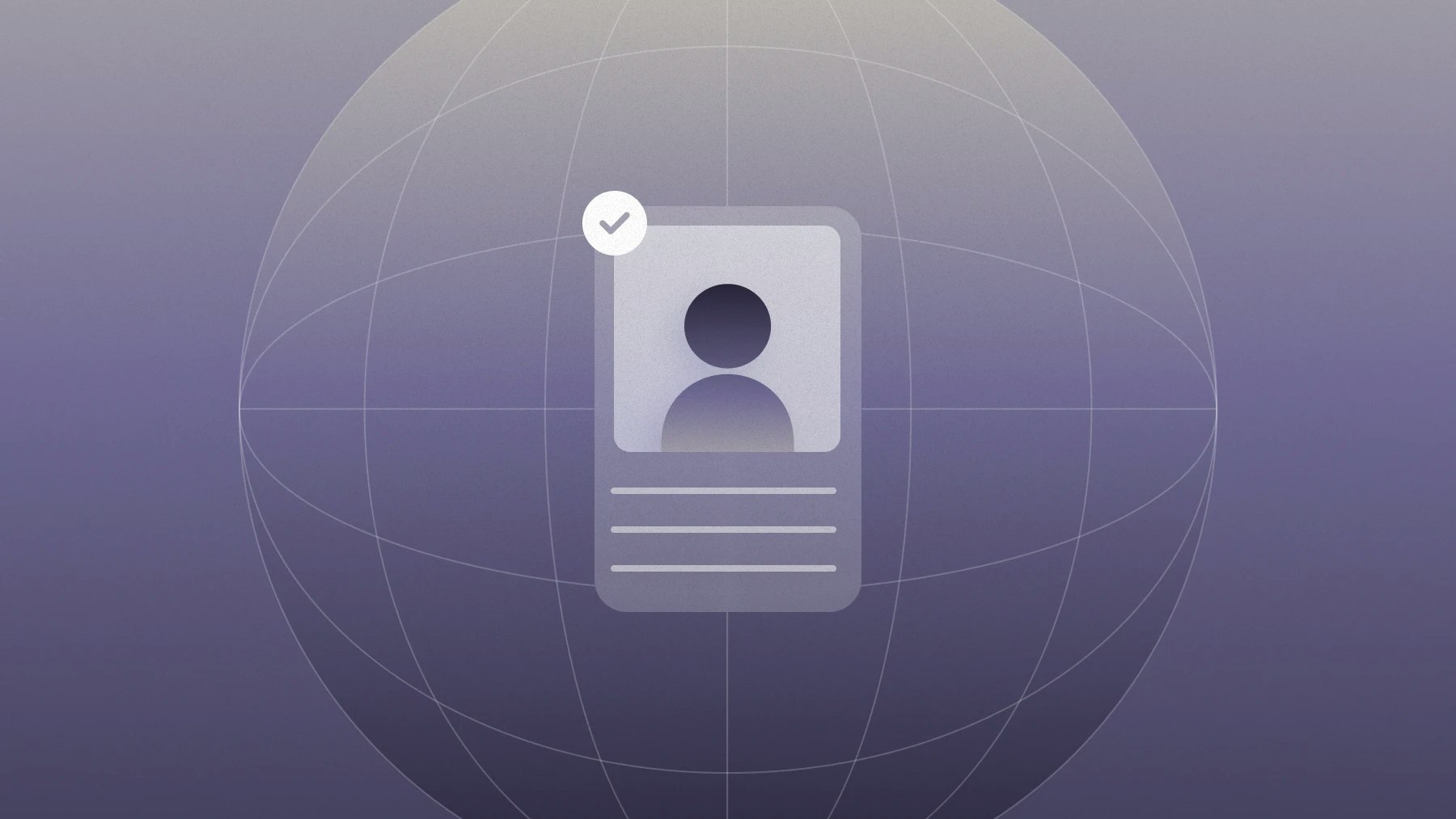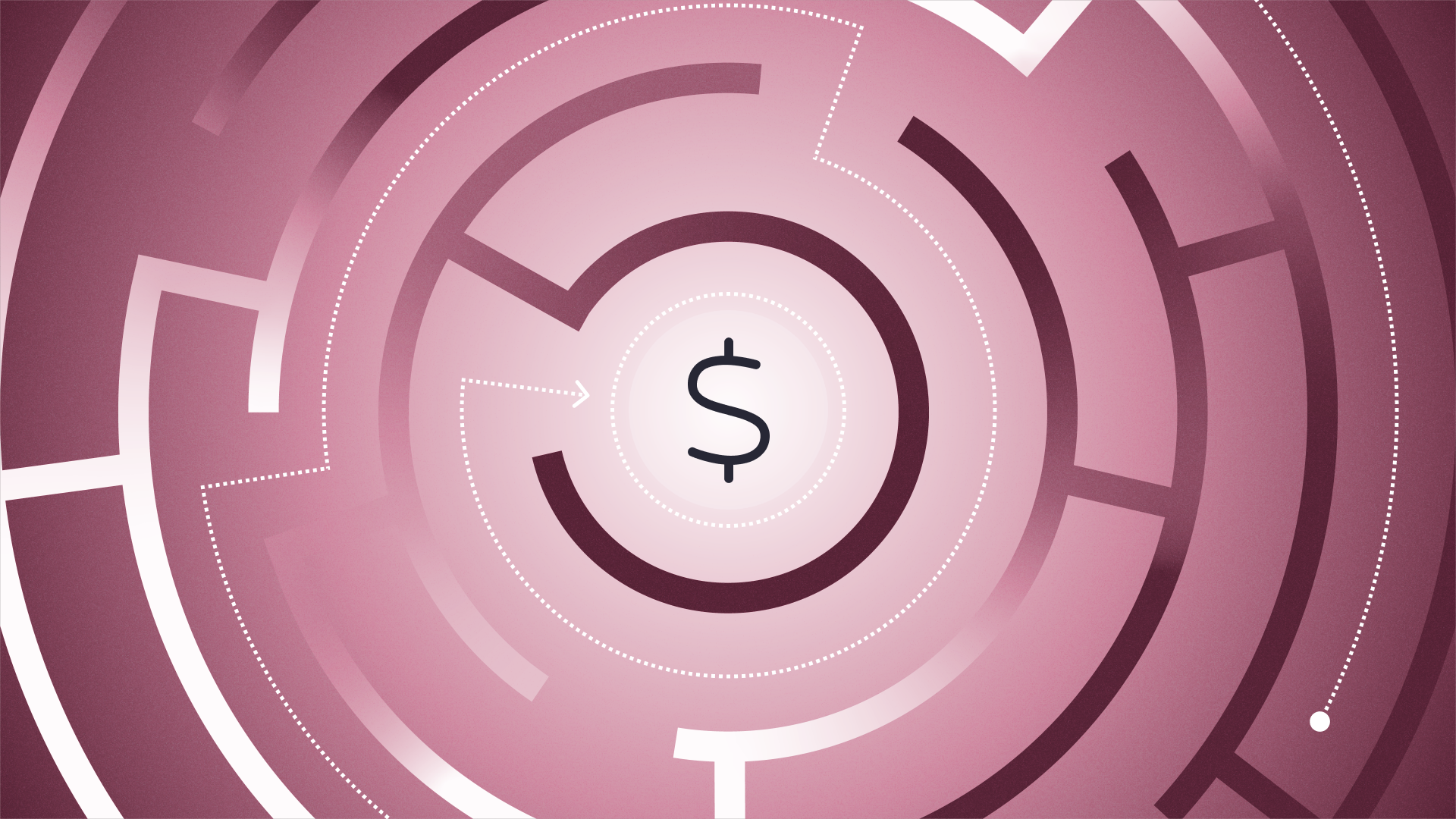How to get an EIN number for your ecommerce business

An employer identification number (EIN) allows your ecommerce business to open business bank accounts, charge sales taxes for goods, and file income tax returns. Although EINs aren’t necessary for all businesses, they provide benefits that can make it easier to run your company. In this article, we explore why an EIN is essential to your ecommerce business, how to get an EIN, and what to expect along the way.
What is an EIN?
An EIN is a free, nine-digit number issued by the IRS to certain U.S.-based businesses. Much like a nine-digit Social Security number (SSN) identifies an individual, the EIN is used to identify businesses. For example, the IRS uses the EIN for tax administration purposes for businesses that are required to file business tax returns. EINs, along with SSNs, fall under the broader bracket of Taxpayer Identification Numbers.
You may be required to apply for an EIN for your business if you pay wages, contribute to a self-employment retirement plan, operate as a partnership or corporation, or are required to have an EIN for other tax-filing purposes, like filing employment or fiduciary taxes.
Reasons to get an EIN
Businesses that operate as corporations or partnerships are required to have an EIN. However, even if your business type isn’t required to submit an EIN application for tax purposes, the IRS will grant your business an EIN upon request. You can use your EIN to unlock several business-related benefits, outlined below.
Filing business taxes: If your ecommerce business is required to pay employment, excise, fiduciary, or alcohol, tobacco, and firearms taxes, an assigned EIN will associate your tax return with your business entity.
Charging sales taxes: If your ecommerce business sells goods out of certain states, it might need an EIN as part of the state’s business regulations to charge sales taxes. For example, in Virginia, business sellers must register with the state using a federal EIN to collect sales taxes.
Vendor relations: Other businesses and vendors might require your business EIN to enter into contracts with your business. They may also need your EIN for tax filings if the vendor is required to issue you an IRS tax form for payments it has made to your business, like Form 1099-MISC.
Preventing identity theft: Sharing your SSN for business-related purposes puts your personal identity and assets at risk of theft. Using an EIN as an alternative can help safeguard your identity.
Opening a business bank account: Certain products and services for businesses are only available to entities with an EIN. For example, business banking products like business checking, business credit cards, payroll, and accounting services all require an EIN to open an account.
Establishing credit: Like your personal credit history, your business can establish a credit profile. Credit bureaus track your business’s credit history, which is linked to your EIN.
Before applying for an EIN
Have the following details on hand before submitting an EIN application to make the process easier.
Business name: This is the legal name of the business that’s requesting an EIN. Make sure you have the correct spelling, including corporation suffixes, like “Inc.” or “LLC.” If you’re a sole proprietor, enter your full name where it asks for the legal name of your entity.
Business type: Determine which type of business best describes your entity. There are many business entity types, including sole proprietorships, partnerships, corporations, nonprofit organizations, and estates.
Founding date of your business: You’ll need the month, day, and year that your business was started, or the date you first acquired the business.
Primary industry: Be ready to select a description that most accurately describes your business’ main industry. Options include construction, real estate, and food service. You can also write in an industry.
Number of employees: You’ll need to know how many employees you expect to have on your payroll over the next 12 months.
Tax ID of responsible party: Every EIN application requires the name and tax ID — whether an SSN, individual tax identification number (ITIN), or EIN — of the main person who owns or has control over the business entity.Did you know?
How to get an EIN
The IRS offers several ways to apply for an EIN that serve all business owners, from those who are digitally savvy to those who prefer conventional methods, like fax, mail, or phone.
Online
If you’re looking for the fastest option and have a U.S.-based business, apply for an EIN onlineOpens in new tab. Before getting started, check that your entity is eligible for an EIN. For example, your primary business location must be within the U.S. or U.S. territories to be eligible, and the responsible party — the person who either owns or controls the business — must have a valid taxpayer identification number.
The EIN online application uses EIN Assistant, a five-step application tool. This tool is accessible Monday through Friday from 7 a.m. to 10 p.m. EST.
It’s important to have all of the EIN application details ready, because you'll need to complete the form and submit it in one sitting — you can’t save your application as you go. The session also times out after 15 minutes of inactivity for security purposes. If your session expires, you’ll need to start the process over again.
After submitting your application, you’ll receive a confirmation along with your EIN, which you can download or print for your records.
Fax
You can apply for an EIN via fax by completing and printing out IRS Form SS-4 and sending it to the IRS fax number assigned to your location. For entities within the 50 U.S. states or the District of Columbia, fax your paper EIN application to 855-641-6935. Entities that aren’t located in a U.S. state but are faxing documents within the country can fax their application to 855-215-1627. If sending the fax from outside the U.S., send your form to 304-707-9471.If you’d like the IRS to send your EIN via fax, include your return fax number with your transmission.
Another option is to submit your completed application by mail. If you’re located in one of the 50 states or the District of Columbia, mail your paperwork to:
Internal Revenue Service
Attn: EIN Operation
Cincinnati, OH 45999
Entities that aren’t located in a U.S. state should mail paperwork to:
Internal Revenue Service
Attn: EIN International Operation
Cincinnati, OH 45999
Once the IRS processes your application and determines that you’re fit for an EIN, you’ll receive your number in the mail.
Telephone
Overseas applicants who don’t have a location in the U.S. can call 267- 941-1099 to apply for an EIN number. Operating hours are Monday through Friday, 6:00 AM to 11:00 PM EST.
The call must be placed by either the party responsible for the entity or an authorized third-party designee who must answer additional questions. To make this process go smoothly, fill out Form SS-4 in advance so you can easily relay the information to the IRS representative over the phone.
Applying for an EIN internationally
If you're a non-U.S. resident or running a foreign-owned business entity, you can still apply for an EIN — even if you don’t have a U.S. Social Security Number (SSN) or Individual Taxpayer Identification Number (ITIN). International applicants often need an EIN to open a U.S. business bank account, hire U.S.-based contractors, or comply with tax reporting requirements.
Here’s how the process works:
- You must apply by phone. The IRS does not offer online EIN applications for international applicants. Instead, call the IRS at +1-267-941-1099 (not toll-free). This line is open Monday–Friday, 6 a.m. to 11 p.m. EST.
- Prepare Form SS-4 in advance. You’ll go through the form with the IRS representative during the call. If you do not have a U.S. tax ID, write "Foreign" on Line 7b of the SS-4.
- Expect real-time processing. In most cases, the IRS will issue your EIN by the end of the call.
- An authorized third party can apply on your behalf. If you’re using a U.S.-based legal, tax, or banking representative, they can call in — but must be listed on the SS-4 with your signature.
To qualify, your business must be legally formed or registered in the U.S., or have a legitimate U.S. business purpose — like selling to U.S. customers or hiring U.S. employees.
Avoiding common EIN application mistakes
Applying for an EIN is a relatively straightforward process, but small missteps can result in delays or even denials from the IRS. Here are some common mistakes to watch out for — and how to avoid them:
- Choosing the wrong business entity type
Your EIN application must reflect the correct legal structure of your business (e.g., sole proprietorship, LLC, S-corp). Selecting the wrong entity type on Form SS-4 can lead to mismatched IRS records and force you to reapply. Double-check that the entity type you select matches how you registered your business with your state. - Naming an ineligible responsible party
The IRS requires that the responsible party listed on the application be an individual — not a business entity — who controls or manages the business. Listing a company name or a third-party service provider can lead to automatic rejection. If you're the business owner, you should usually list yourself. - Submitting multiple applications
Filing Form SS-4 more than once can result in processing delays, duplicate EINs, or confusion in IRS systems. If you're unsure whether your application was accepted, contact the IRS before submitting a new form. - Leaving sections of the form incomplete
Even one missing field — like your business start date, address, or reason for applying — can cause your application to be rejected or require follow-up. Carefully review the form before submitting and use the IRS instructions as a guide. - Falling for third-party scams
The IRS does not charge a fee to apply for an EIN. Be cautious of third-party websites that charge for filing or request personal information unnecessarily. Always apply through the official IRS website.
How long does it take to get an EIN?
The amount of time it takes to get an EIN varies depending on how you submit your application. If you need an EIN assignment immediately, submitting your application online might be your best option. Here’s a timeline of when to expect to get an EIN.
EIN Application Method (Estimated Timeline)
Online: Immediately
Fax: One week (return fax number provided) or two weeks (no return fax number provided)
Mail: Four to five weeks
Phone (international only): Immediately
Final thoughts
Securing an EIN for your ecommerce business is a necessary step to setting up several aspects of your business operations, including opening financial business accounts, registering your business in your state, and charging sales taxes for your goods.
Although it can take up to two weeks for your new EIN to get recorded with the IRS permanently, you can start using it for most business functions as soon as you receive it. The best part — they're completely free.
Frequently asked questions (FAQs)
What is an EIN and why do I need one?
An EIN (Employer Identification Number) is a federal tax ID assigned to your business by the IRS. It's required for filing business taxes, hiring employees, and opening a business bank account.
Who needs an EIN?
Any business with employees or structured as a partnership, corporation, or multi-member LLC is required to have an EIN. Sole proprietors can also benefit from having one.
How do I get an EIN number for my business?
You can apply for an EIN online, by fax, by mail, or by phone (if applying internationally). The fastest method is through the IRS online portal.
How long does it take to get an EIN?
If you apply online, you receive your EIN immediately. Faxed applications take around 4 business days, mailed forms can take up to 4 weeks, and international phone applications are often processed during the call.
Can I apply for an EIN if I am not a U.S. citizen?
Yes. International applicants without a Social Security Number can still apply for an EIN by phone. See our section above on "Applying for an EIN Internationally."
Does it cost money to get an EIN?
No. The IRS issues EINs for free. Be cautious of third-party services that charge a fee to submit the form on your behalf.
Can I change my EIN if my business structure changes?
Possibly. The IRS requires some businesses to get a new EIN if they change entity type. See full IRS guidance.
What happens if I lose my EIN?
You can call the IRS Business & Specialty Tax Line at 800-829-4933 to retrieve it.
Can I use the same EIN for multiple businesses?
No. Each legally separate business entity must have its own EIN.
How do I update my business information after getting an EIN?
To update your business address or responsible party, file IRS Form 8822-B.
Related reads

The founder-led sales blueprint before making your first sales hire

When founders stop paying themselves (and why it’s usually a bad sign)

The ultimate financial stack for SaaS startups
